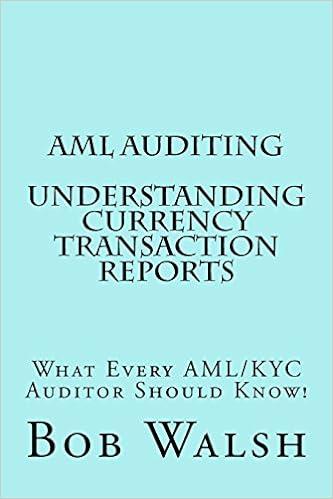Question
York-Perry Industries (YPI) manufactures a mix of affordable guitars (A, B, C) that are fabricated and assembled at four different processing stations (W, X, Y,
York-Perry Industries (YPI) manufactures a mix of affordable guitars (A, B, C) that are fabricated and assembled at four different processing stations (W, X, Y, Z). The operation is a batch process with small setup times that can be considered negligible. The product information (price, weekly demand, and processing times) and process sequences are shown below. Purchased parts and raw materials (shown as a per-unit consumption rate) are represented by inverted triangles. YPI is able to make and sell up to the limit of its demand per week with no penalties incurred for not meeting the full demand. Each workstation is staffed by one highly skilled worker who is dedicated to work on that workstation alone and is paid $13 per hour. The plant operates one 8-hour shift per day and operates on a 5-day work week (i.e., 40 hours of production per person per week). Overhead costs are $9,000/week.


Step by Step Solution
There are 3 Steps involved in it
Step: 1

Get Instant Access to Expert-Tailored Solutions
See step-by-step solutions with expert insights and AI powered tools for academic success
Step: 2

Step: 3

Ace Your Homework with AI
Get the answers you need in no time with our AI-driven, step-by-step assistance
Get Started


